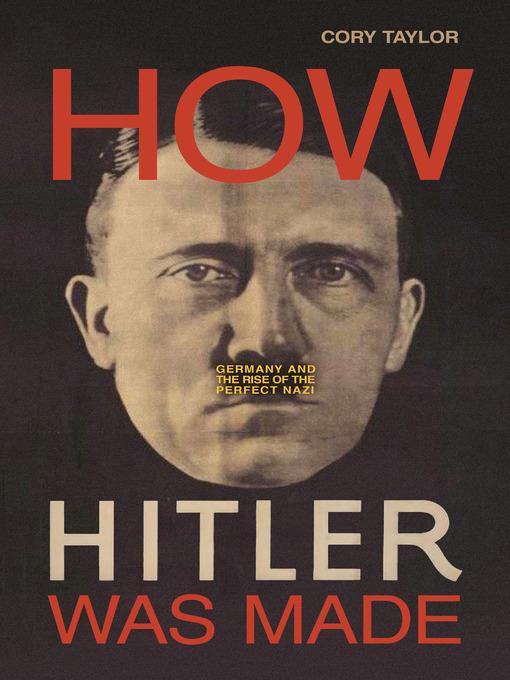
How Hitler Was Made
Germany and the Rise of the Perfect Nazi
کتاب های مرتبط
- اطلاعات
- نقد و بررسی
- دیدگاه کاربران
نقد و بررسی

June 1, 2018
This efficient book details Adolf Hitler's dominance then control of the small National Socialist Party in Germany. It ends in 1924, with Hitler recently released from prison for his role in the failed Beer Hall Putsch and having written Mein Kampf. "Unser Fuehrer" is more popular than ever; ready to start his nine-year ascent to power. Separated from the story of the rest of Hitler's career, this disturbing tale has impact. In measured prose, documentary filmmaker Taylor (JFK: A President Betrayed) details the conditions paving the way for Hitler's increasing influence: Germany's defeat in the Great War and the quest for scapegoats; the growth of the radical right and the sweep of violence across Germany; and the men and groups who facilitated, encouraged, and financed Hitler's agenda. But why Hitler? What were the conditions favoring his rise? And what was he thinking during this transformative period in his life? Taylor seeks to answer these questions throughout. VERDICT The story isn't new, but Taylor makes good sense of a turbulent and confusing period in German history.--David Keymer, Cleveland
Copyright 2018 Library Journal, LLC Used with permission.

July 23, 2018
Documentary producer Taylor takes the view that Adolf Hitler was less a mastermind than a feckless agitator, discovered and molded by racists and chauvinists into the symbol of a New Order, in this fast-moving narrative history. In his telling, the 1918–1919 revolution that led to the end of the German monarchy and the adoption of the Weimar constitution was defined and informed by German Jews like Kurt Eisner and Ernst Toller. It was just successful enough to generate violent right-wing opposition. He portrays Hitler as an initially minor rabble-rouser who the radical right-wing movement became increasingly willing to use as a front. A second coup, the 1923 “Beer Hall Putsch,” failed spectacularly, but it gave Hitler a forum: the courtroom in which he was presented as Germany’s man of destiny. He played the role well enough, Taylor suggests, to be offered the lead in a right-wing national drama. But his becoming head of state despite being underestimated by other conservatives calls into question the thesis that others “made” him. Even so, Taylor puts forth his narrative in an accessible and engaging style. Agent: Jeff Ourvan, Jennifer Lyons Literary Agency.

























دیدگاه کاربران